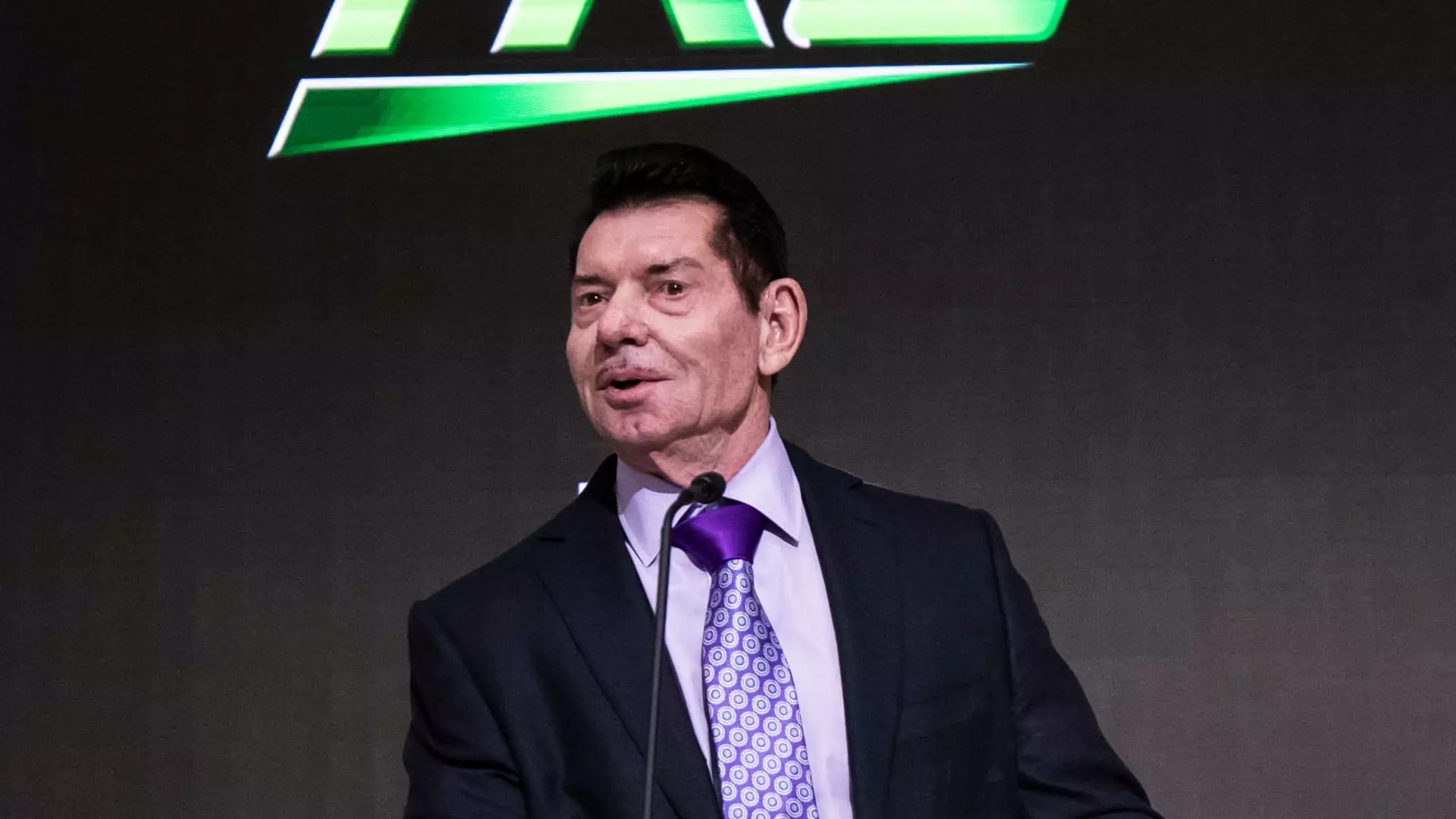In a striking turn of events, Vince McMahon, the former executive chairman of World Wrestling Entertainment (WWE), has found himself in hot water with the Securities and Exchange Commission (SEC). Charged with violating federal securities laws, McMahon’s case raises vital questions about corporate governance, ethical accountability, and the inherent risks of power in high-profile entertainment environments. This article delves into the implications of McMahon’s actions, the legal ramifications, and the broader impacts on WWE and its stakeholders.
On a recent Friday, the SEC formally charged McMahon with failing to disclose substantial settlement agreements totaling $10.5 million involving two women. These payments, made under the guise of non-disclosure agreements (NDAs), were intended to silence allegations of misconduct against him. Such lack of transparency not only complicates the dynamics within corporate boardrooms but also undermines the very foundation of trust and accountability necessary for public companies.
The SEC’s findings indicate that McMahon neglected to inform key departmental leaders, including the board and legal counsel, about these settlements. As a result, substantial financial misstatements occurred within the WWE’s recorded financial performance for 2018 and 2021, a failure that challenges the validity and integrity of WWE’s financial statements during those years.
The fallout from these charges is poised to have significant financial ramifications. McMahon has agreed to settle, incurring a hefty $400,000 civil penalty, alongside a reimbursement of $1.33 million to WWE. Even more notably, the SEC order outlines that the misreported settlements resulted in WWE overstating its net income by approximately 8% and 1.7% for the respective years. This surge in claimed profits not only misleads investors but shakes the foundational trust between a company and its stakeholders.
McMahon’s actions have implications beyond mere accounting discrepancies. The SEC also pointed out that McMahon’s incentive-based compensation, which was derived from inflated financial standings, constitutes a violation of the Sarbanes-Oxley Act of 2002. This law was enacted to enhance financial transparency and protect investors from corporate fraud — a principle that McMahon’s conduct blatantly disregarded.
At the heart of this issue is an essential discussion on corporate governance and ethical responsibility. With McMahon’s long-standing leadership in WWE, the organization’s culture may have been inherently influenced by his personal conduct. The potential for unchecked power leads to ethical lapses, as illustrated by the unrecorded settlements, indicating a serious disconnect between corporate leadership and accountability.
The case also raises significant concerns about how organizations handle allegations of misconduct. When individuals in leadership positions are shielded by their authority, there is a tendency to prioritize personal interests over corporate integrity. This leads to ethical blind spots, where decisions made behind closed doors can have long-lasting impacts on a company’s reputation and financial health.
As the WWE continues to evolve, particularly following its merger with the parent company of Ultimate Fighting Championship to form TKO Group Holdings, these allegations against McMahon create ripples across the organization’s landscape. Stakeholders, including shareholders and employees, are left navigating uncertainties about the company’s governance structures and ethical standards. Trust may be eroded, potentially impacting investor confidence and public perception.
The pending lawsuit from former WWE employee Janel Grant, accusing McMahon of serious misconduct, further exacerbates the concerns surrounding WWE’s internal culture and governance. It emphasizes the need for organizations within the entertainment industry to foster safer environments that prioritize employee welfare and ethical practices over an entrenched culture of secrecy and power.
Vince McMahon’s recent SEC charges serve as a critical reminder of the importance of transparency and ethical conduct in corporate governance. As the SEC wraps up what has been a lengthy investigation, it becomes increasingly vital for companies to reevaluate their internal controls, ensuring they promote a culture of accountability and respect. In a high-stakes industry like entertainment, where reputation is everything, the fallout from these events will undoubtedly echo for years to come. The hope is that the entertainment industry takes these lessons to heart, fostering a future that champions integrity and ethical standards.


Leave a Reply